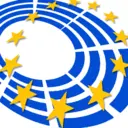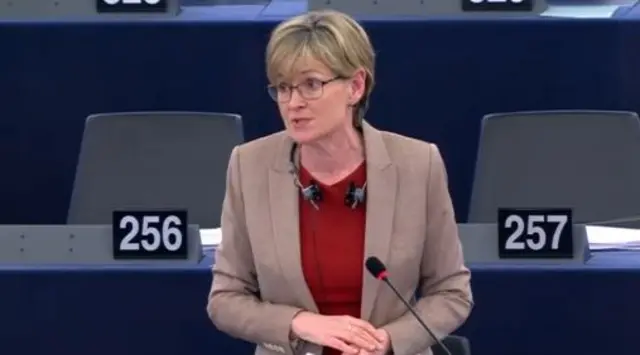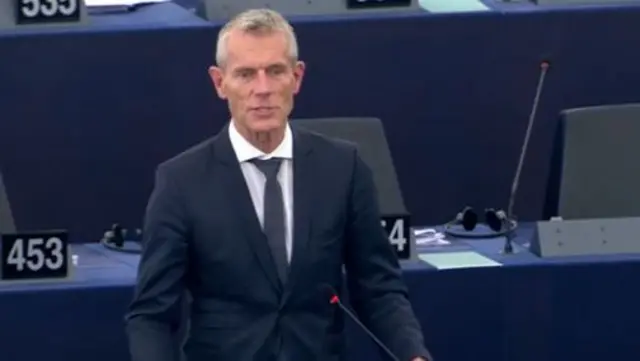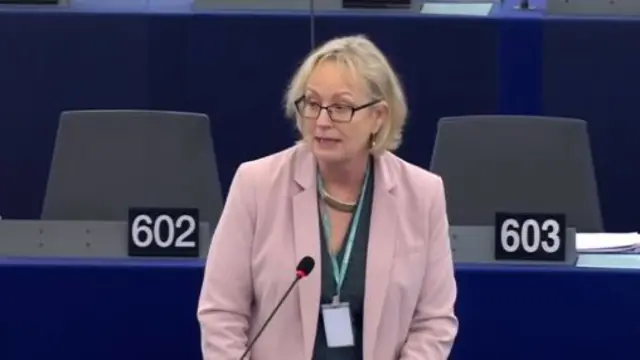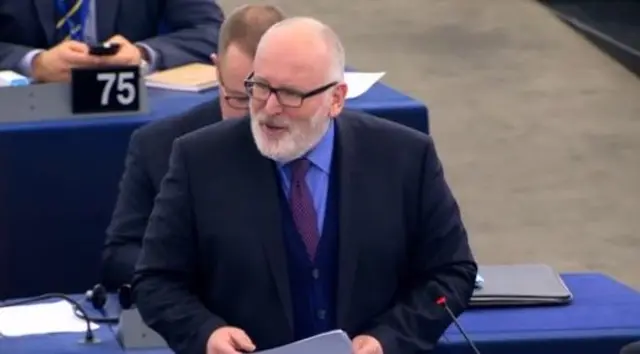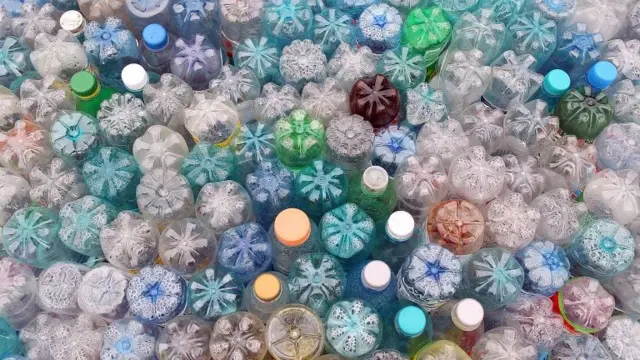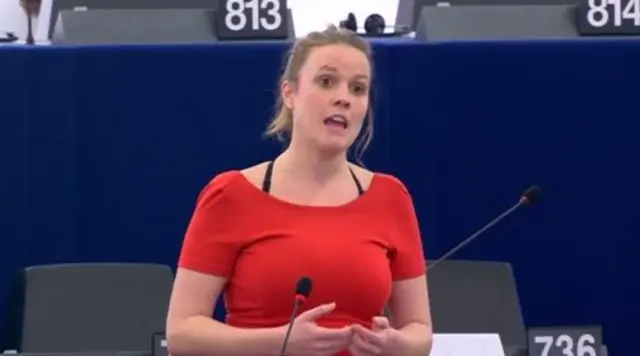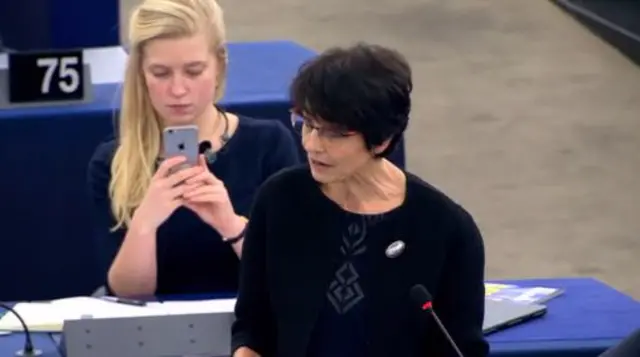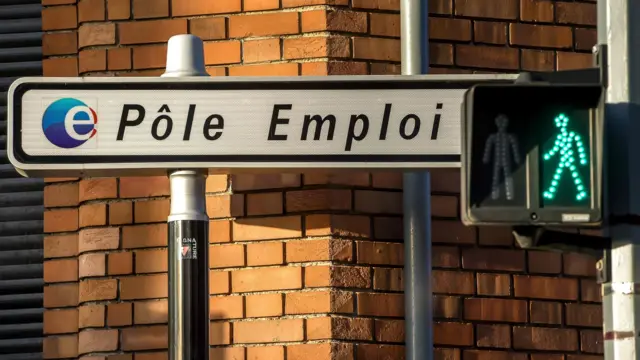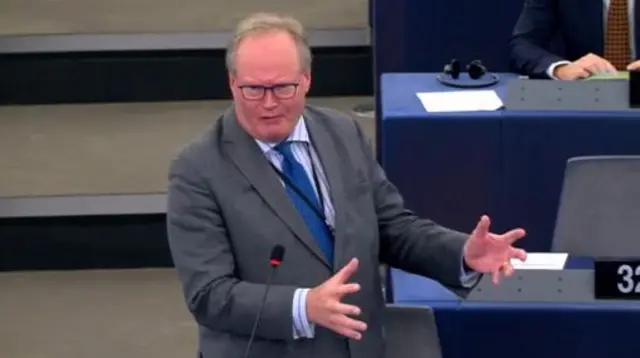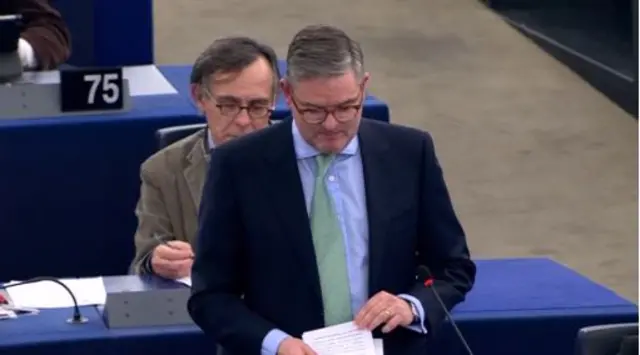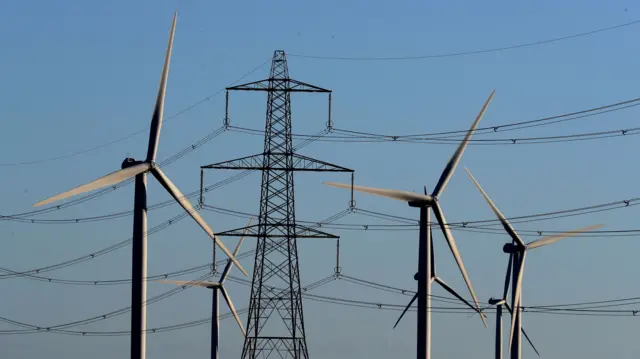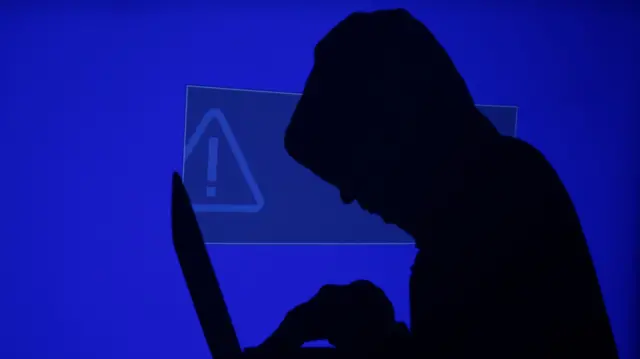Goodnight & Coming up tomorrowpublished at 21:32 GMT 17 January 2018
Finally tonight, MEPs will discuss events planned as part of the European Year of Cultural Heritage, external.
That's it for our coverage this evening - MEPs are back tomorrow from 08.00 GMT, when they will debate the EU-wide recognition of professional qualifications.
After this they will debate human rights cases in Nigeria, China and DR Congo.
They will also hold a vote to allow the EU to ratify the Marrakesh Treaty, which they debated this evening.

